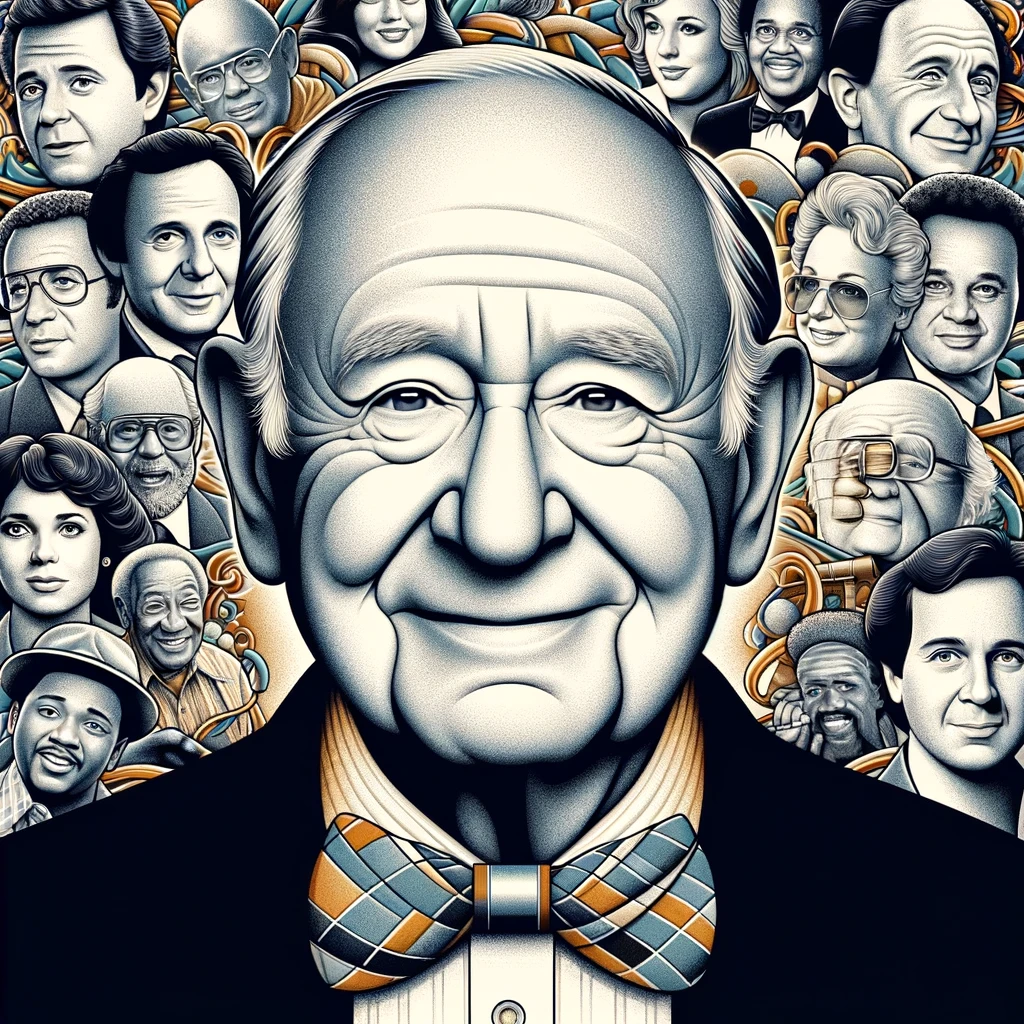Norman Lear, an iconic figure in American television history, recently passed away, leaving behind a legacy that transformed the TV landscape. Born on July 27, 1922, Lear became renowned for his role as a TV producer and writer, known for his groundbreaking work in sitcoms that addressed social and political issues.
Lear’s career in television took off in the 1970s, with his most notable contribution being the creation of “All in the Family” (1971). This show, starring Carroll O’Connor as Archie Bunker, became a cultural phenomenon for its portrayal of issues like racism, homophobia, and women’s rights, subjects that were previously considered taboo for sitcoms. “All in the Family” not only entertained but also challenged and engaged its audience, making it a milestone in TV history.
Following the success of “All in the Family,” Lear created a series of successful spin-offs and original shows, including “The Jeffersons,” “Maude,” and “Good Times.” These shows continued his trend of addressing serious social issues with humor and humanity. “The Jeffersons,” for instance, was one of the first TV shows to feature a successful Black family, breaking stereotypes and paving the way for more inclusive television programming.
Lear’s work was marked by his keen ability to blend humor with social commentary, making him a pioneer in using sitcoms as a platform for exploring and discussing societal issues. His shows were not only popular but critically acclaimed, earning multiple awards and nominations over the years.
Beyond television, Lear was also an active voice in political and social activism. He founded the advocacy organization People For the American Way in 1980 to counteract the growing influence of the religious right in politics. This reflected his lifelong commitment to progressive causes and free speech.
Norman Lear’s passing marks the end of an era in television. His contributions went beyond entertainment; they sparked conversations, challenged norms, and reflected the complexities of American society. His legacy lives on in the countless writers, producers, and creators he inspired and in the evolution of TV as a medium for social change.
